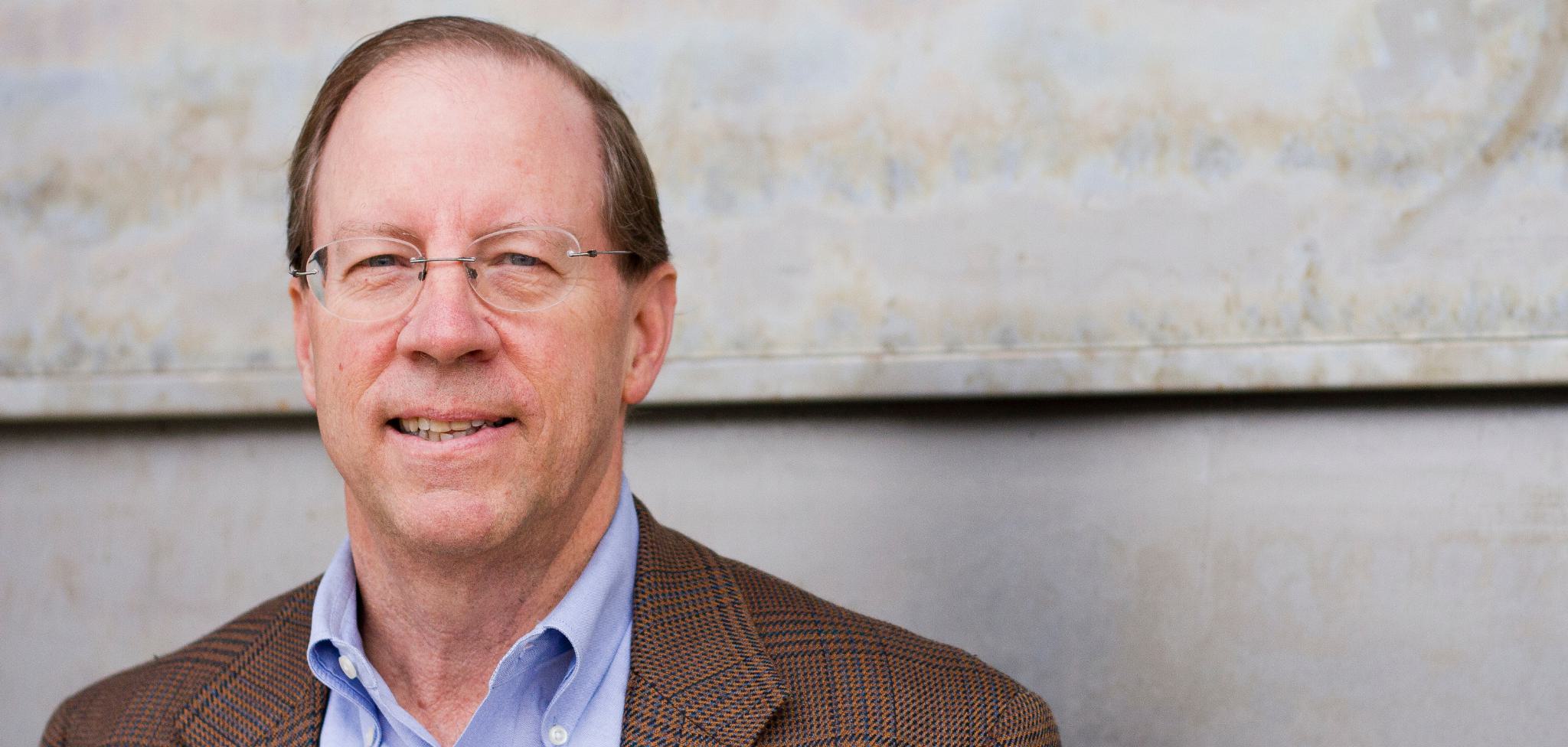We live in a time where people are truly perplexed over what has gone wrong with our world. There seems to be so much instability in people’s lives. When you look into the lives of our younger generation, there seems to be so much moral confusion. How does a modern person determine what is right or wrong?
Max Hocutt, professor of philosophy at the University of Alabama says:
“The fundamental question of ethics is, who makes the rules? God or men? The theistic answer is that God makes them. The humanistic answer is that men make them. This distinction between theism and humanism is the fundamental division in moral theory.”
Hocutt is correct. The problem then becomes if morals and ethics are determined by men, who makes these decisions? Who determines how we ought to live? How should we conduct our lives?
Dr. Arthur Leff, now deceased, was a brilliant professor at Yale Law School. Back in 1979, he published an article in the Duke University Law Journal titled, “Unspeakable Ethics, Unnatural Law.” Today, it’s considered to be a very important and prominent essay. It is uncertain what Leff believed about God, but what troubled him was that if there is no God, then there’s no way that one can make any kind of case for human morality, particularly human rights. Here is a paraphrased summary of what he said:
"You can say it is wrong for a majority to take advantage of any minority by force, but that is an opinion and not an argument. You can assert all sorts of things, but what you cannot do is say one point of view is morally right and all others are not. If someone says it is all right to enslave a minority, and you say no, it is wrong, who is to say your view of morality is right and theirs is wrong. Maybe it helps to frame it this way: if there is no God, who among us gets to impose their will on everyone else? Who gets to establish the moral laws that people are to follow? These questions are so intellectually troubling that you would think there would be more legal and ethical thinkers trying to come to grips with this."
Leff’s words suggest that if there is a God, then he would make the law for us to follow. We’d base our law on him. And this, by the way, is how Western Civilization was built, with Biblical truth as its foundation. We require a moral foundation on which to build a culture.
Leff’s words also suggest that if there is no God, then moral law has to be grounded in human opinion. So we must ask, who gets to establish their human opinion as law so that everyone has to obey it? Why should your view of morality have privilege over my view? Ultimately, what you end up with is that those in power will make sure their moral values prevail. That’s what happened in Nazi Germany. But you see how this view of life creates moral confusion? And it’s so contradictory. This is what bothered C.S. Lewis so much during his years as an atheist:
"My life was full of contradictions . . . I was at this time living like so many atheists, in a world of contradictions."
Lewis realized that as an atheist he didn’t believe in a moral law. He could not believe in one because it did not exist. Yet he was appalled by the terrible things he saw in the world and in himself. He saw that the universe seemed to be so cruel and unjust, and yet he could not understand from where his idea of justice and injustice came.
You see, once Lewis became a theist and later a Christian, he quickly recognized the presence of an absolute moral law which had been handed down to us by the God of the Bible, and in the process, he realized evil was no longer this meaningless word but rather a stark reality in life.
Richard E. Simmons III is the founding director of The Center for Executive Leadership, a faith-based ministry in Birmingham, Alabama focused on counseling businessmen and professionals. His column appears every weekend in 1819 News. Richard is the best-selling author of The True Measure of a Man, Reliable Truth, and The Power of a Humble Life. His newest book, an Amazon best-seller, is Reflections on the Existence of God – a series of short essays seeking to answer life’s most enduring question: Does God exist? You can find Richard's weekly blog, podcast, and more at richardesimmons3.com. The views and opinions expressed here are those of the author and do not necessarily reflect the policy or position of 1819 News. To comment, please send an email with your name and contact information to Commentary@1819News.com.









